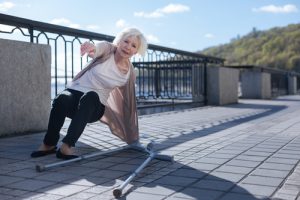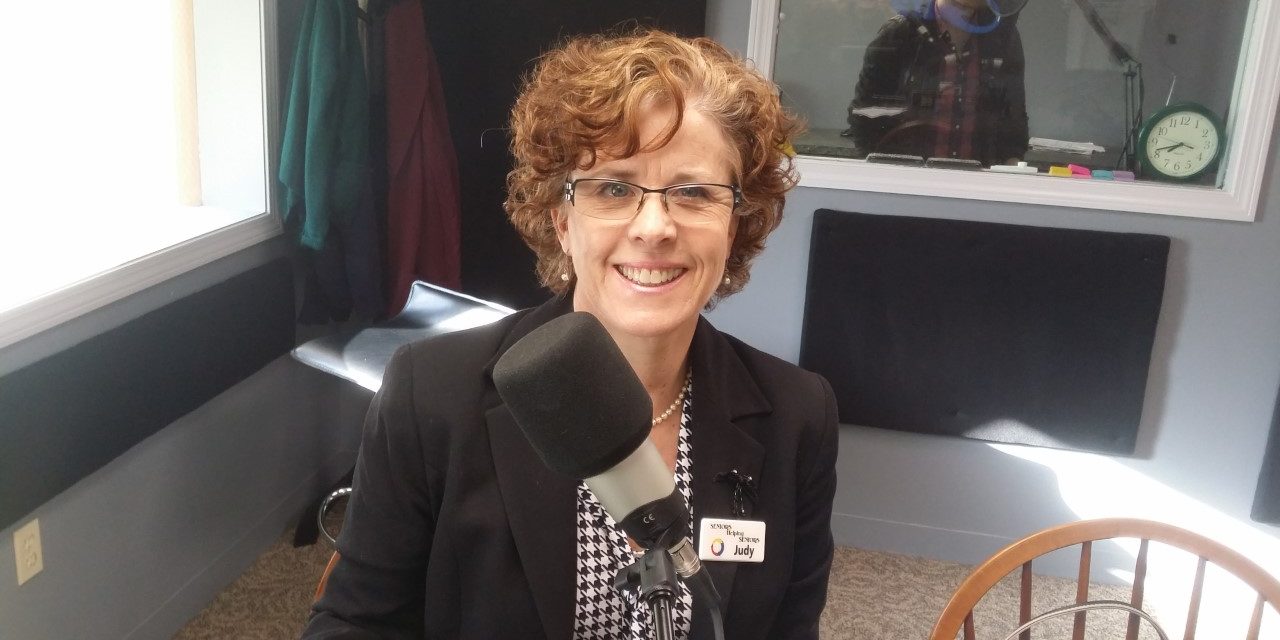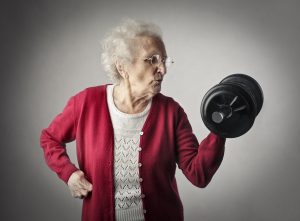
Falling is a common problem among seniors. It’s notorious for sending them to the hospital. We shouldn’t ignore this fact and start taking control. Here are 8 things to check after a senior falls.

Why Do Falls Happen?
Falls can happen due to a number of factors. One, is that it could be a sign of a new medical problem that needs to be addressed. Examples are dehydration or urinary tract infection.
Older who have fallen before, have increased risk to do so again. You should be proactive about finding fall risk factors.
Doctors may not pay attention enough to a senior, unless you speak up and ask questions. It’s been shown that seniors don’t get the recommended care that they deserve. You can make sure they are not overlooked.
8 Things to Check After a Senior Falls
1. Signs of a New Illness
As mentioned before, seniors can be overlooked or symptoms can brushed off as general weakness or delirium. Make sure to bring up any changes that you’ve noticed.
Some health problems that can cause falling are urinary tract infection, dehydration, anemia (which can be caused by bleeding in the bowel or other causes), Pneumonia, heart problems, and strokes.
2. Blood Pressure and Pulse Reading When Sitting and Standing
This is important if your loved gets light headed or faints often. If they take blood pressure medication, make sure the doctor confirms they aren’t experiencing a drop in blood pressure while standing.
Checking blood pressure is one the most useful tests when a senior comes into the emergency room after fainting. Sadly, it’s only done by doctors a 3rd of a time.
3. Blood Tests
It’s always good to check a senior’s blood after a fall. Falls can happen more often by problems with blood count or blood sodium getting too high or low.
A complete blood cell count and a check of electrolytes and kidney function is a good way to start.
4. Medications
Side effects of medication are another reason that falls happen. These medications can often be reduced or even eliminated.
Any sedatives, tranquilizers, or any sleeping medications, like Ambien or Ativan, are places to look. Antipsychotic medications for restless dementia behavior can also increase falls.
There’s also blood pressure and diabetes medications. As mentioned before, it’s not unusual for seniors to be over treated for these conditions.
Medications that are in the anticholinergic are taken by seniors. They have no idea that it worsens their balance and thinking. These medications can include allergies medication, overactive bladder, vertigo, nausea, and certain types of antidepressants for nerve pain.
Finally, opiate pain medications, especially if they are new to taking them.
5. Gait and Balance
Doctors should preform a gait assessment. This means that the doctor looks at how an older person is walking. If they are off balance, see if there is any pain to address or if a physical therapist is needed.
6. Vitamin D Levels
Studies suggest that treating low vitamin D levels may help reduce falls. Low levels can cause fragile bones.
If your loved one stays inside a lot, they can take a vitamin D supplement. It will eventually raise and even out their levels.
7. Check for Underlying Heart or Neurological Conditions
These conditions are different from the “acute” types of illnesses that we usually look for after a fall. It’s possible for seniors to develop a new neurological condition like Parkinson’s disease.
8. Vision, Podiatry, and Home Safety
See if your loved one needs a vision test, podiatry care, or a home safety evaluation. Any of these services will help prevent future falls.
Read more here.



